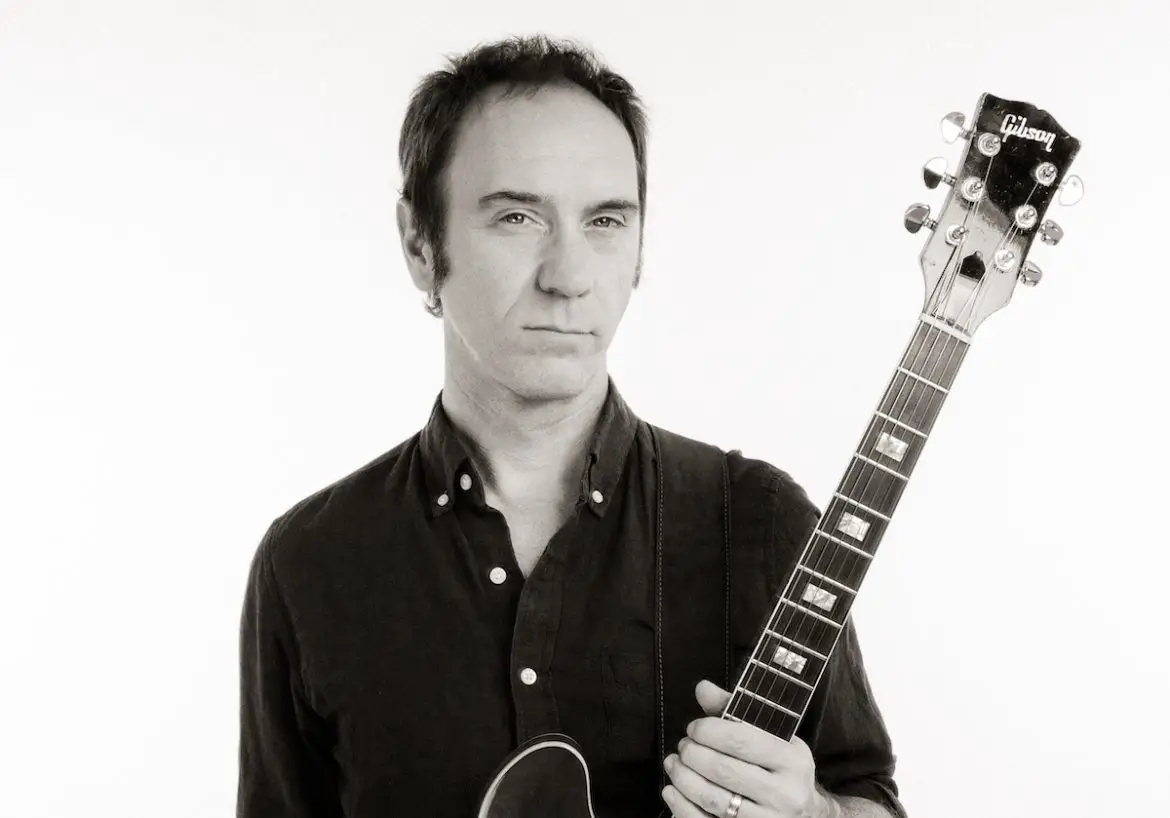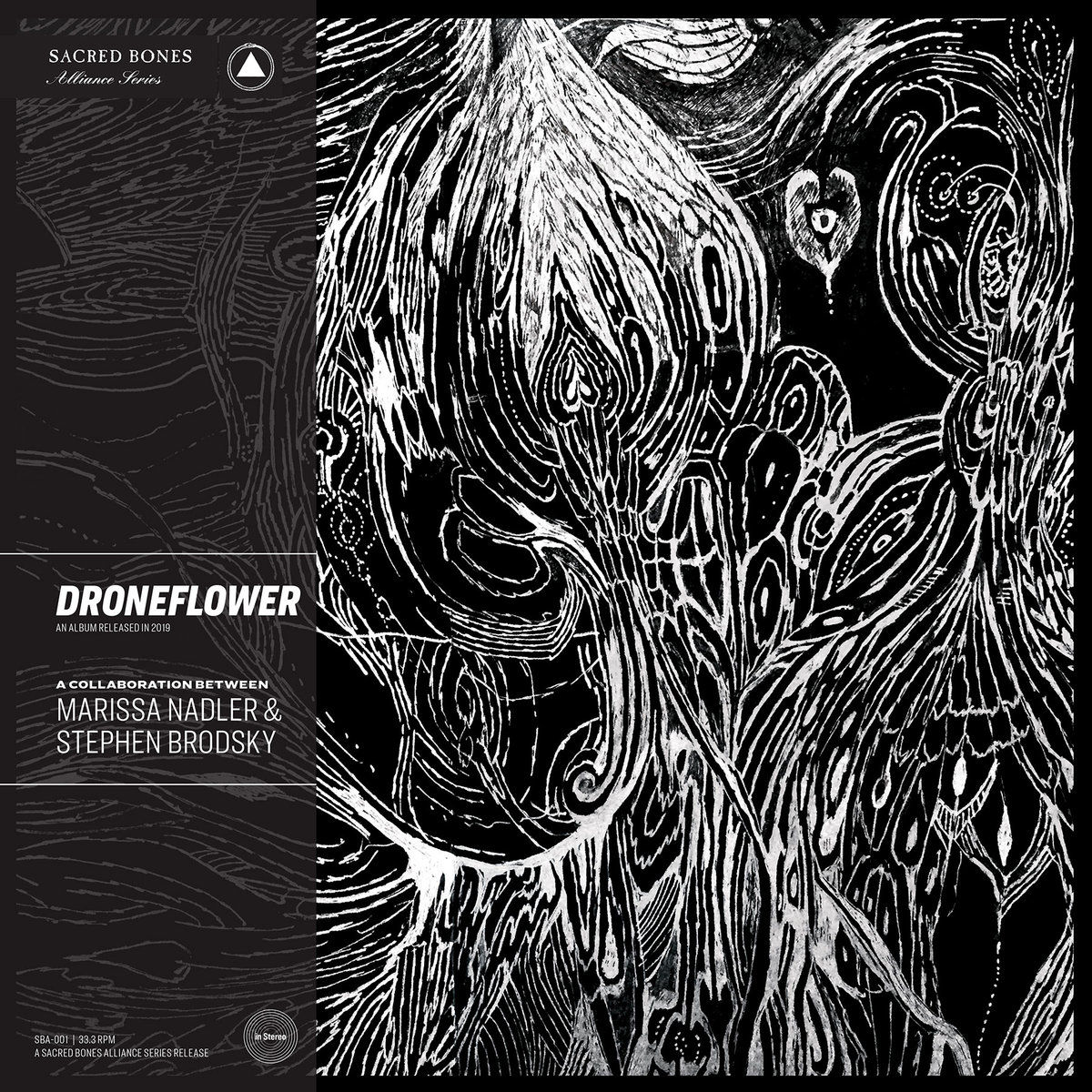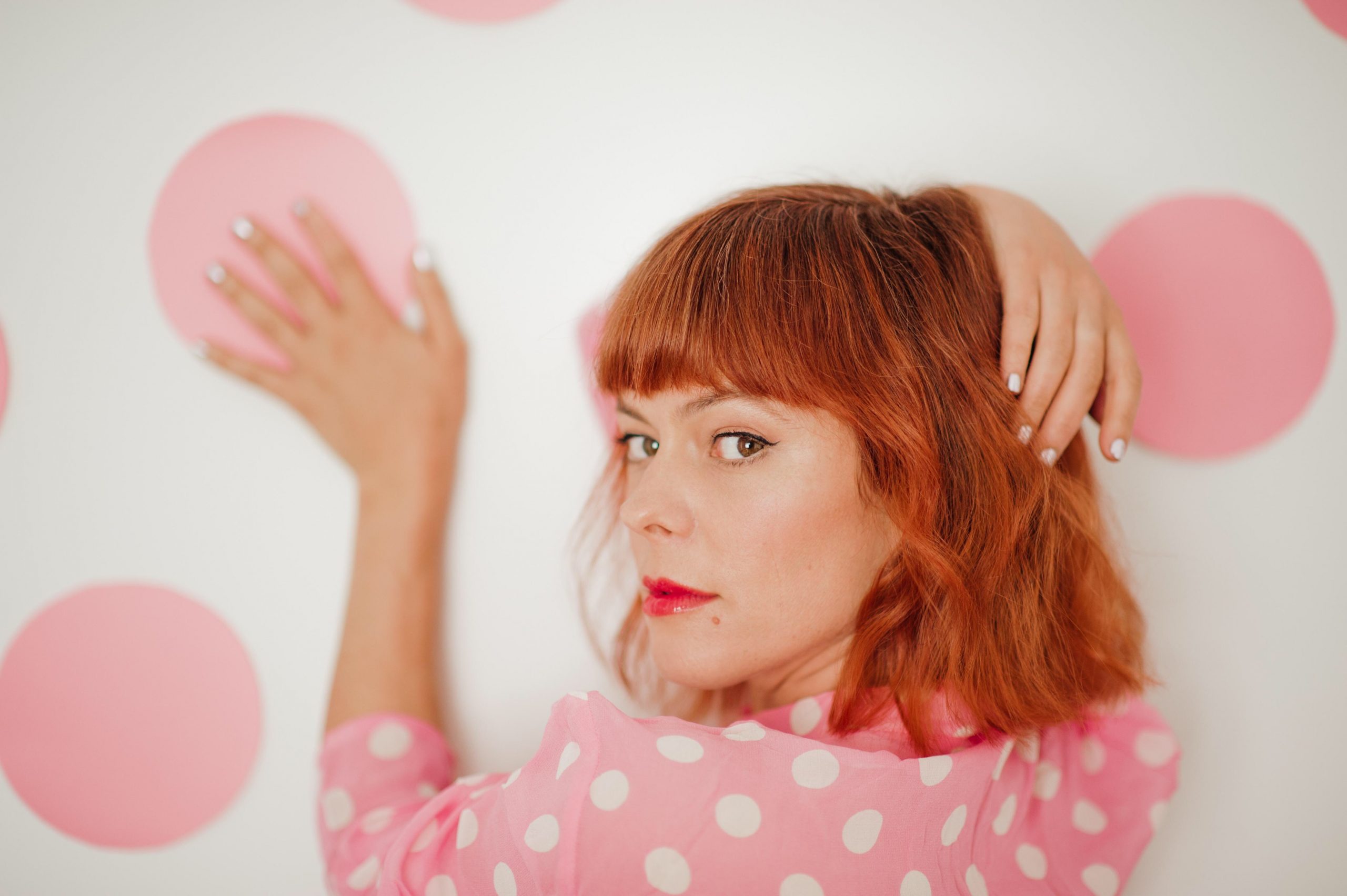Guided By Voices guitarist and Nada Surf member Doug Gillard shares memories from his college radio days, his takes on lo-fi music, and how the band kept up their prolific streak during the pandemic.
Stream: “Excited Ones” – Guided By Voices
What could one possibly say about lo-fi rock icons Guided By Voices that hasn’t been said before?
With 35 full-length albums released within the past nearly-40 years, the Bob Pollard project is as beloved as ever — and shows no signs of stopping any time soon. Even in the face of COVID-19, the band managed to release 5 new albums, the most recent being Crystal Nuns Cathedral, which they independently released earlier this year. After numerous tour postponements and show cancellations, the band is back on the road once more, bringing their indomitable spirit and legendary discography to the masses.
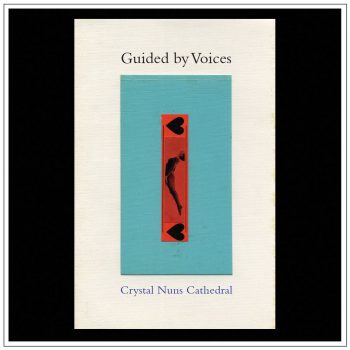
While songwriting wizard Pollard is notoriously interview-shy, Atwood Magazine was able to get ahold of New York-based guitarist Doug Gillard for a phone call right before the band travelled to Boise for Treefort 10. Gillard, who has been part of GBV’s ever-rotating lineup for the better part of the past 20-plus years, is an indie rock institution himself, known best for projects like Cobra Verde and Nada Surf.
In our conversation, he shared his thoughts, feelings, and experiences working on new music with the band and independently during lockdown, and allowed us to pick his brain on his extensive history as a professional musician. You can catch Guided By Voices on tour in or near your city soon.
Crystal Nuns Cathedral is out now; Guided By Voices’ upcoming 36th studio album, Tremblers And Goggles By Rank, is set to release July 1, 2022 via Rockathon Records.
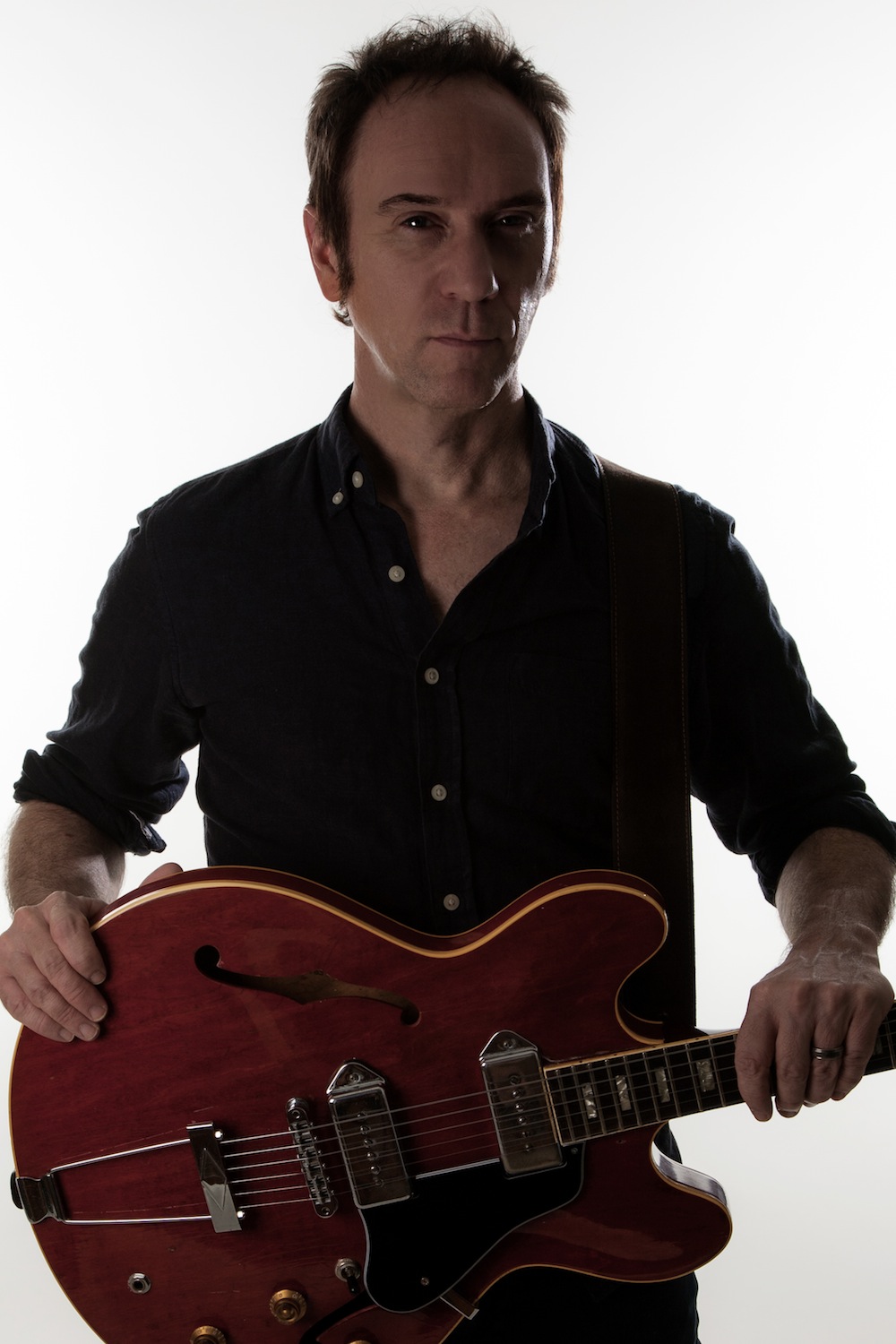
A CONVERSATION WITH DOUG GILLARD
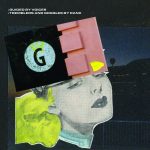
This conversation has been edited for clarity.
You've done some radio DJing your day, which as a former college radio DJ, I found exciting. What were your experiences with freeform radio like in its heyday?
Doug Gillard: Mine was the mid- to late- ’80s and the early ’90s. We played CDs too, but at that time, it was mostly vinyl and cassettes that everyone was in the swing with, as far as queuing things up. And it was fun — it’s very challenging, though. I always had some dead air because I didn’t have something queued up in time. (Laughs) Not every single time, but I was always running from one of the rooms of the record library back to the turntables. I was all about the idea that I had to segue, [and] I was trying to be creative and sometimes failed. But when you think back to the freedom of freeform radio, it’s pretty lucky we were even able to try doing that. It still exists, but it’s a little more rare [sic] than it used to be. I tune in to some college radio every now and then. I’m in New York, but you don’t have to be in New York to listen, to WFMU, which is a very big, premier, freeform radio station. I was at WCSB, which is in Cleveland; the Cleveland area had several great college stations. Most of the stations’ record libraries go back to the late 60s, where you see original issue albums that came in, hoping to be played, with notes from the DJs at the time rating the tracks or leaving little comments on the tracks. Like all the Lou Reed solo records. One station had really early Parliament Funkadelic records — ones you don’t see because they were the first two or three records that George Clinton released, for instance, that are kind of rare these days. Just after I graduated, I had a show for the summer, I had a show. [That station] had a Warsaw album, which was Joy Division before the Joy Division. It had markings on it, the stations call letters, but it was cool just to be able to play that and see the vinyl. It probably didn’t last long—somebody probably lifted it—but for a history lesson and as a discovery, it was great.
GBV are lo-fi pioneers, and the band’s influence still shows up today as so many DIY musicians purposefully go for a similar sound or simply taking a bedroom recording approach. Why do you think lo-fi recordings have endured, even in 2022?
Gillard: [The band] did it out of necessity at the time. It wasn’t really to have an aesthetic, necessarily. We did things as professionally as we could. Now we pepper in some lo-fi sounds every now and then for fun, and to make the record sound interesting, but we don’t stick to that at all [anymore]. Bob [Pollard] usually wants things to be as non lo-fi as we can make it, pretty much. But I guess it depends on the situation. Things always came together pretty quickly [for us], and they still do, so that is the thread that runs through it. We don’t take forever to record.
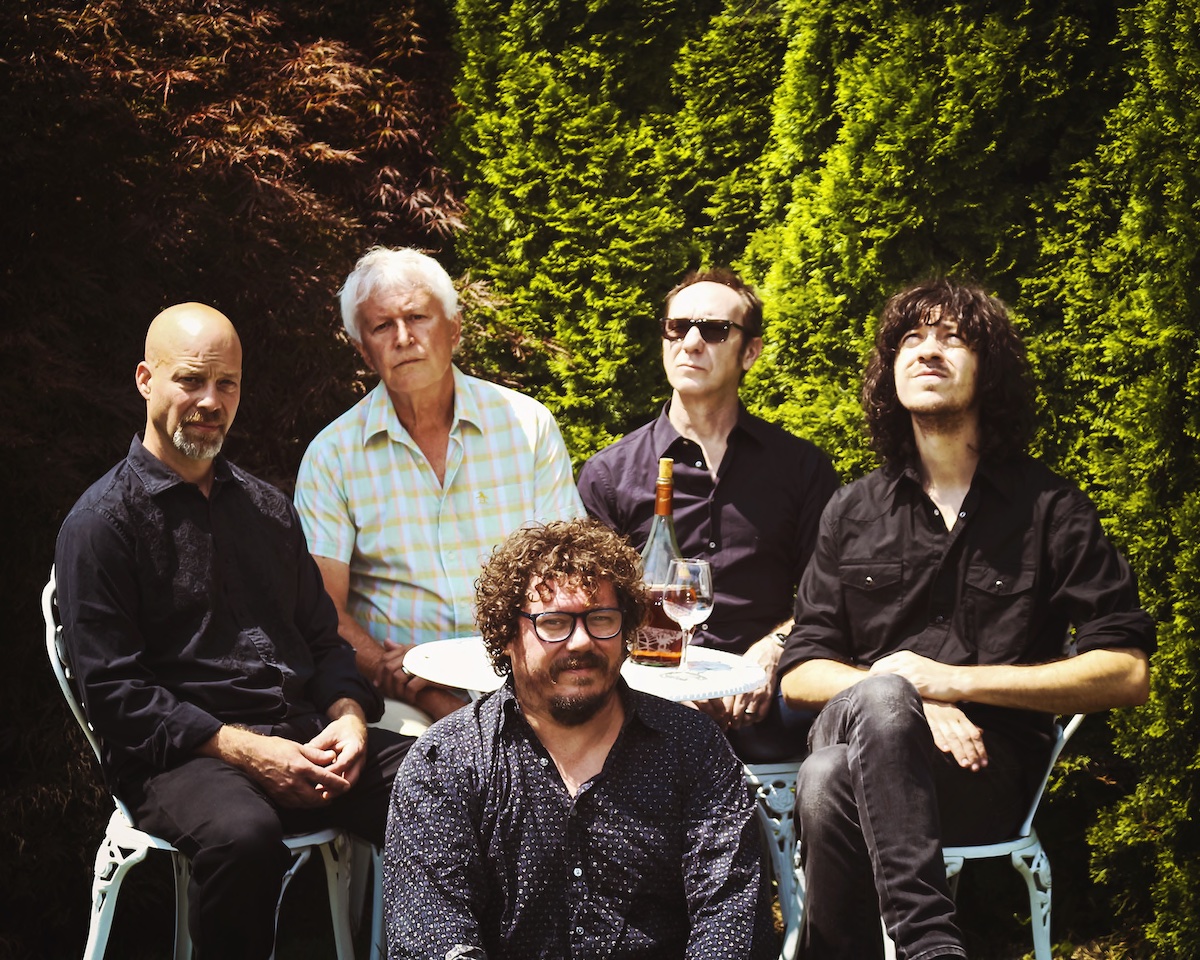
And what do you think of the reemergence of lo-fi as an aesthetic choice, especially in terms of the aforementioned DIY and bedroom artist boom?
Gillard: It’s okay, as long as it’s interesting and it doesn’t sound like anyone else. I think sometimes people set out to sound like a certain record or a certain band they like, and that’s not always the greatest result, ‘cause you’ve heard it before. I did a record with Bob on four-track way back in ‘98 or ’99; it was just a solo project of Bob’s and mine, and he put it out on his label. I did it on four-track cassette, just the music, and he sang over the music in a studio. I ran the tape at the highest speed and I tried to make it sound as good as I could. I wasn’t going for a hissy, lo-fi aesthetic necessarily, but we got pretty good results with that. It definitely didn’t sound like a huge studio. But I think it’s good [for] if someone wants to go for a tape saturation in doing that, so they can have some more full-sounding, with low-end and more rounded sounds. That’s completely understandable, I dig that myself. You know, warmer sounds, more analog sounds, just by virtue of using tape. I know that that works, so that’s really not a bad idea.
It’s similar to the look and feeling you get shooting on film, as opposed to digital photography.
Gillard: Oh yeah. Film looks so much better. Just compare band photos from recent years to any time film was used.
You have such an extensive discography, personally and including GBV records. How do you keep yourself fresh after all these years making and releasing music at such a prolific rate?
Gillard: I think of different sounds to use, different guitars to use, maybe just different approaches. It’s not anything specific. I also try to integrate different styles of music into things I’m writing. I don’t do it that consciously, but anytime you’re doing anything new, you’re striving to make it a little different than something you’ve done before, somehow.
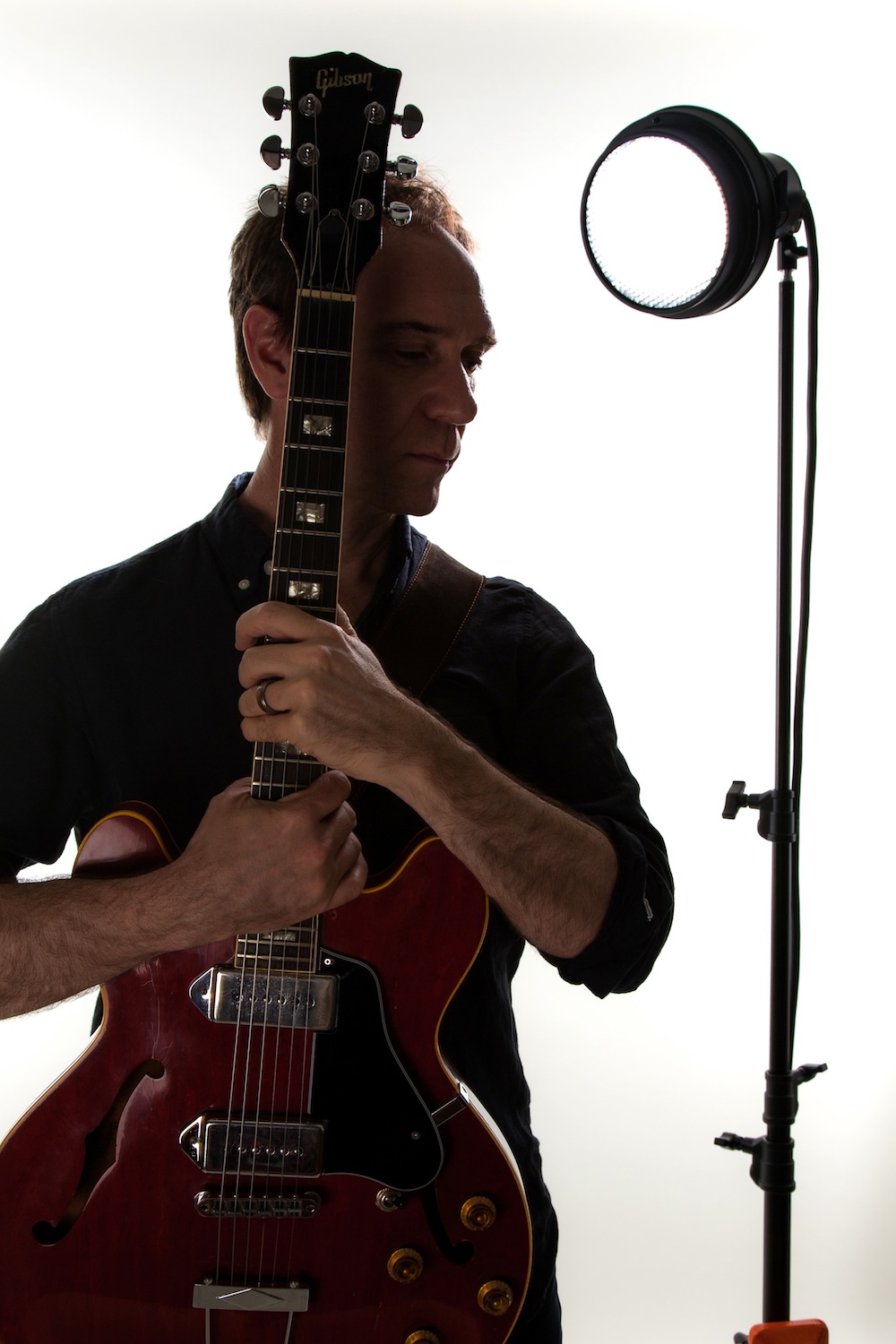
How do you manage burnout as you’ve maintained such a robust and long-standing career?
Gillard: Well, the batch of songs we get from Bob is always different from album to album, so it’s always fun to delve into new songs and try to bring something new to ‘em. It’s a collective effort of all the members and our engineer and producer Travis [Harrison], who has no shortage of great ideas when he is putting the record together. I’m always trying to find new sounds and effects (or not using effects) on guitar, and what I can bring to it. Maybe a different approach to solos and lead parts.
Has the pandemic affected the way GBV wrote and recorded the most recent records, for better or for worse?
Gillard: There were periods where we did go into bigger studios through the [pandemic] collapse and isolation drills and things around that time, with producers. Now, we have our own system that we record each album with consistently. There were a couple records where we all did our parts at home and sent them in. There was a record where we were able to get together and record some basics as a rhythm section, even during the pandemic, for those of us who live around the New York area (there’s about four of us who do). But it hasn’t affected it that much. It’s probably allowed us to make more records, because we weren’t touring.
Aside from a technical and logistical level, it's been a draining time in the world for various reasons. How do you think you dealt with that as a musician?
Gillard: Well, it was nice knowing you had the extra time to create things, if you wanted to. I think just the mindset of knowing you had more time was a positive thing. I really enjoyed that, myself. Knowing if you wanted to do something you could, even if you didn’t get down to doing it, you know? So that helped my mindset a lot. And I’m talking about creating anything, not just the records we were doing.
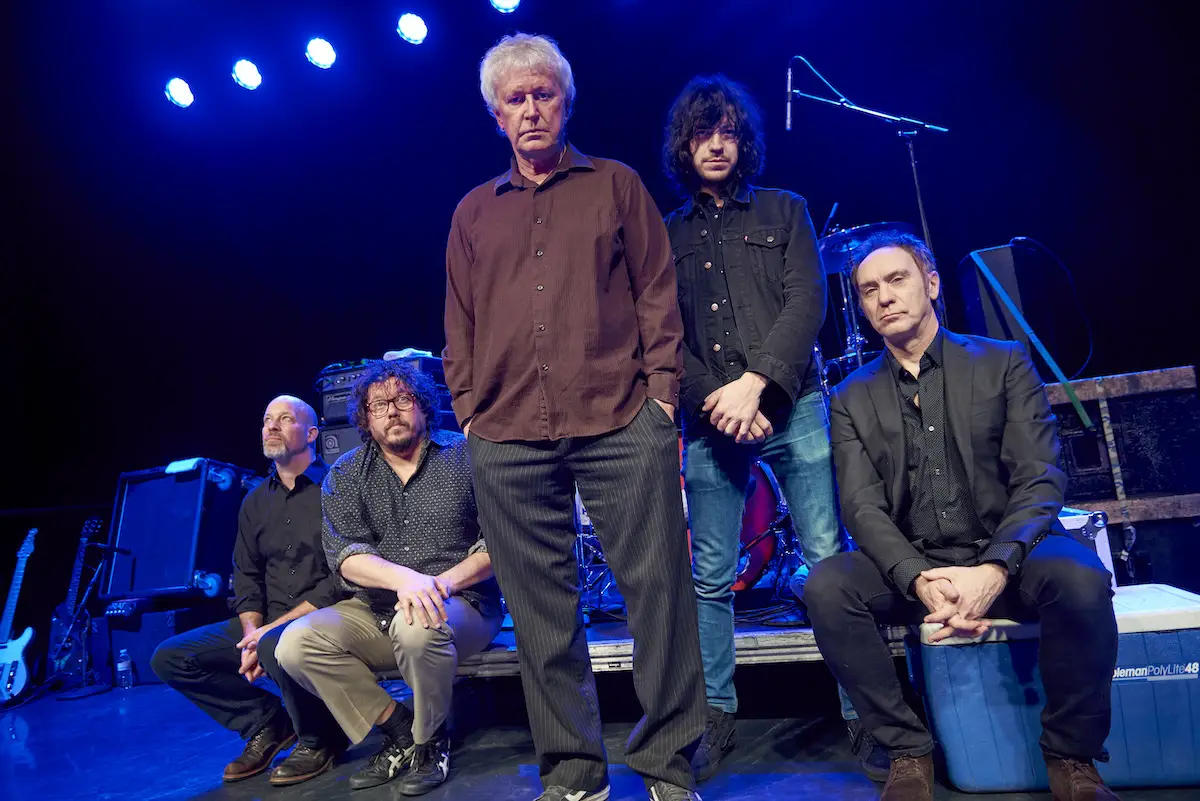
What have you been listening to over the pandemic?
Gillard: A little bit of everything. Like a lot of us, I listen to a lot of ’60s stuff. I’ve been going back to it more and more, especially with the pandemic — sunshine pop, orchestrated pop, but not necessarily. A lot of things: jazz, soul, even some electronic stuff.
Speaking of music, have you been getting back into watching live music yourself?
Gillard: There’s been a few things, but we’re mainly busy trying to play shows when we can. We got back into it, then some things got canceled, then we played intermittent shows, and then things would get canceled again, or postponed. I think we’re finally in a stretch where things have been rebooked and aren’t being postponed right now.
There are a lot of extremes in the world right now, as well as isolation — it doesn't feel like there's much of a middle ground in life, especially at the moment. Has any of it made an impact on the way that you write songs?
Gillard: I can’t speak to the lyrics of Guided By Voices, very much. There probably have been a couple songs where world events have spilled over into the writing, as far as subject matter. Bob does a great job of veiling in his lyrics, to where you don’t know sometimes what it’s really about, which is a sign of a great writer. Personally, I haven’t written any songs about [these current events], necessarily. I tend to try to avoid it, I’ve never really been a very topical writer. If anything, it’s made us kind of dive into being creative at the things we do, but it hasn’t really manifested itself in any statements or songs about certain current events.
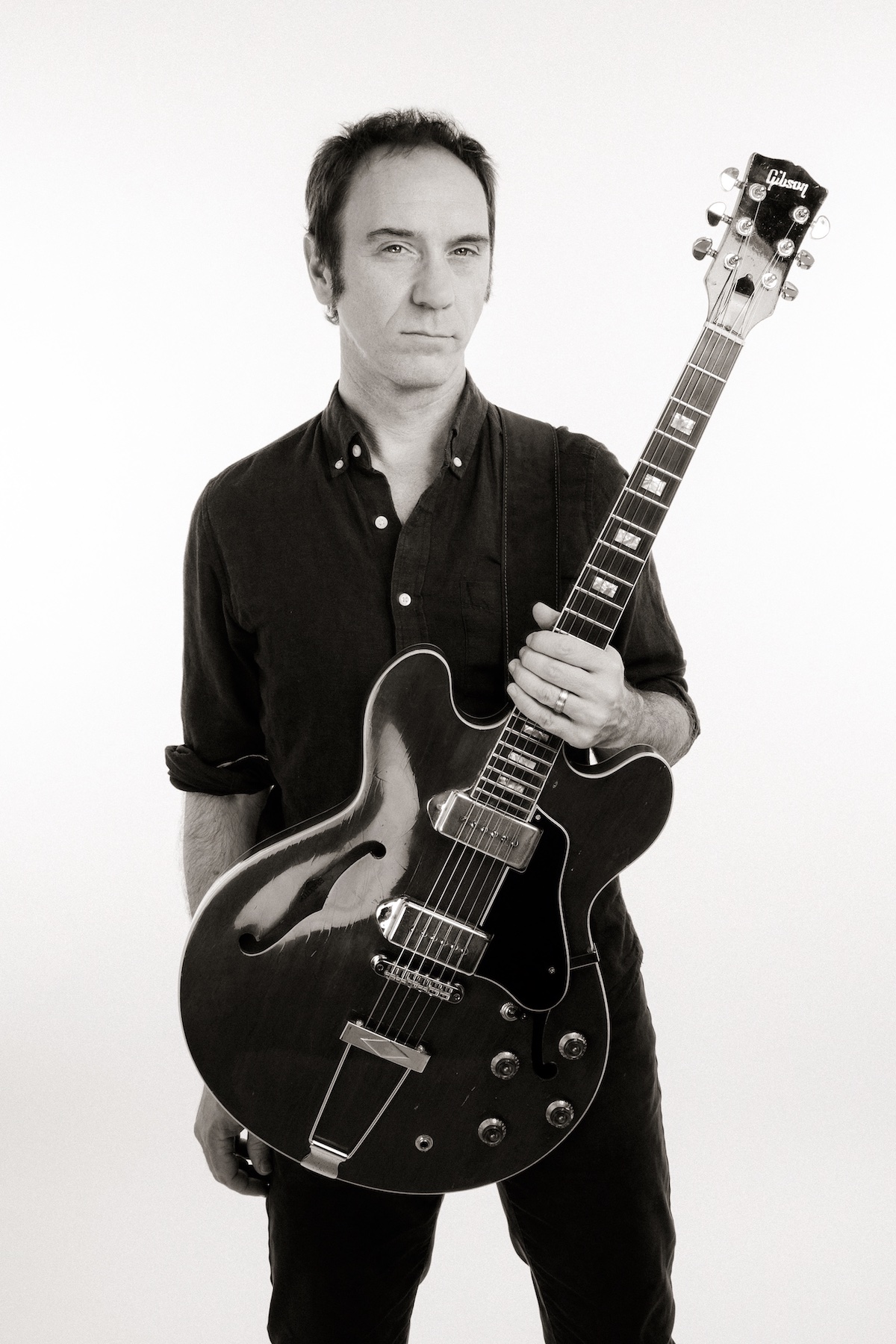
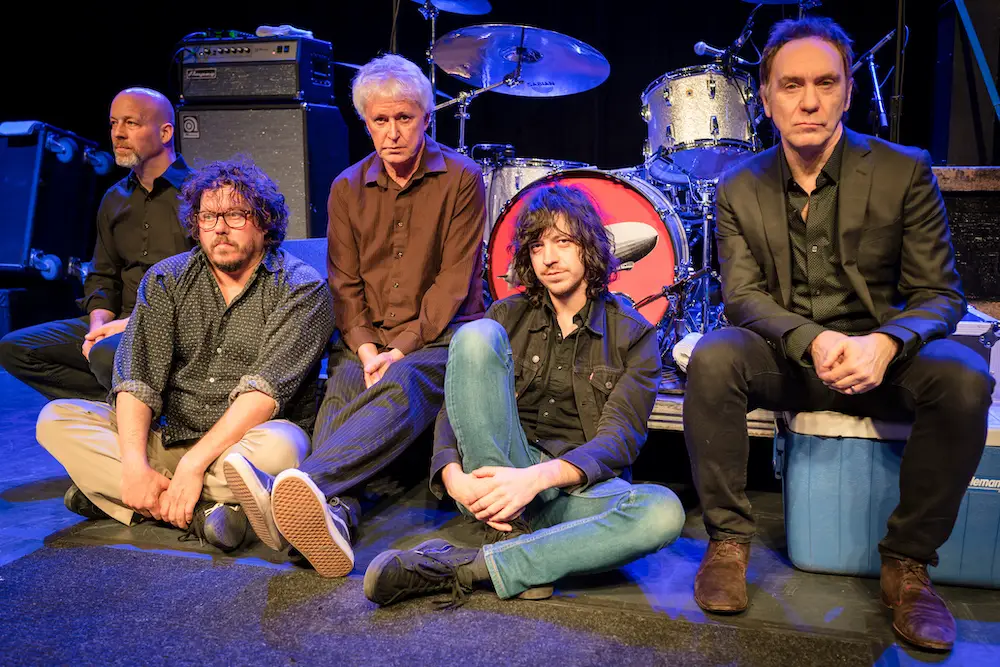
Sometimes just the temperature of the times inadvertently manifests in how we create things, or the way that things end up sounding.
Gillard: True. Sometimes it works the opposite way, where you try to make something sound positive and happy and upbeat, or rocking, just as a form of escapism.
How do you think guitar-based pop can remain fun, interesting, and new in such an electronic age?
Gillard: I think it’s always interesting to listen to. Bob and I, and most of us in the band, are of the age where we grew up on that, so it’s just a medium we’re used to creating with and something that’s definitely still fun to do. And we’re on our own label, so there’s no pressure to make something that sounds electronic or something to stay current. Having said that, we do have synths and electronic sounds in the records we’ve been doing. They’re not prominent, but we incorporate those and field recordings and found sounds. There’s not much [guitar music] on current radio, unless it’s a specialty station or a niche one. [Anyway], we have a loyal fan base, and they kind of know what they’re gonna get—but also they don’t know, because there’s always a surprise when they get the new records.
— —
:: connect with Guided by Voices here ::
— — — —

Connect to Doug Gillard on
Facebook, Twitter, Instagram
Connect to Guided by Voices on
Facebook, Twitter, Instagram
Discover new music on Atwood Magazine
? © Le Studio
:: Stream Guided by Voices ::

